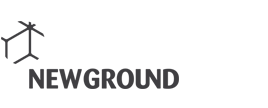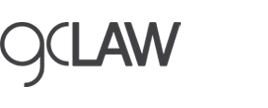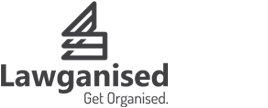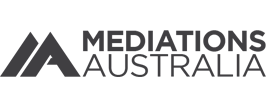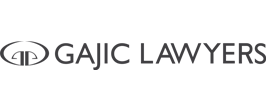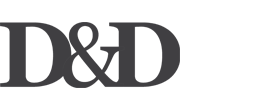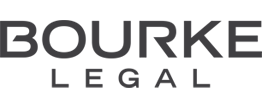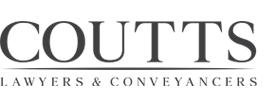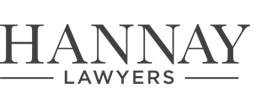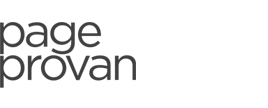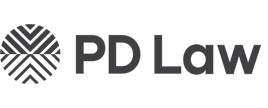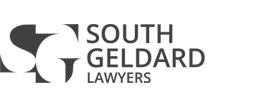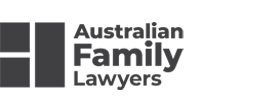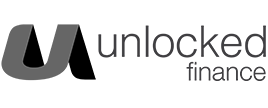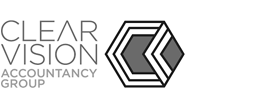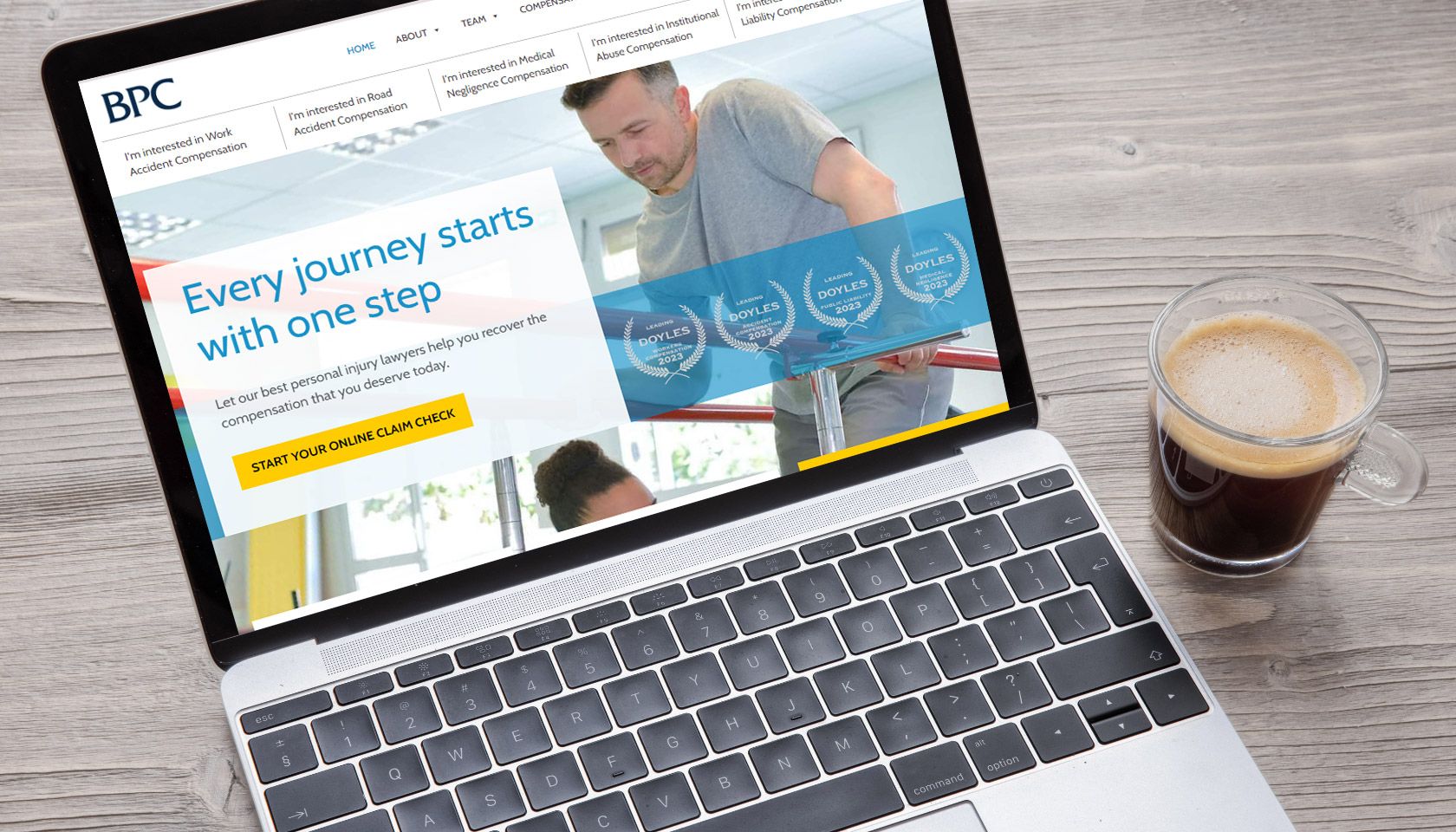Prompt & Support is Exceptional
Practice Proof totally refreshed our website and CRM system and the clean, professional look was exactly what I wanted. They were prompt and have set us up with a really simple back-end for updates and amendments. Their support was exceptional.
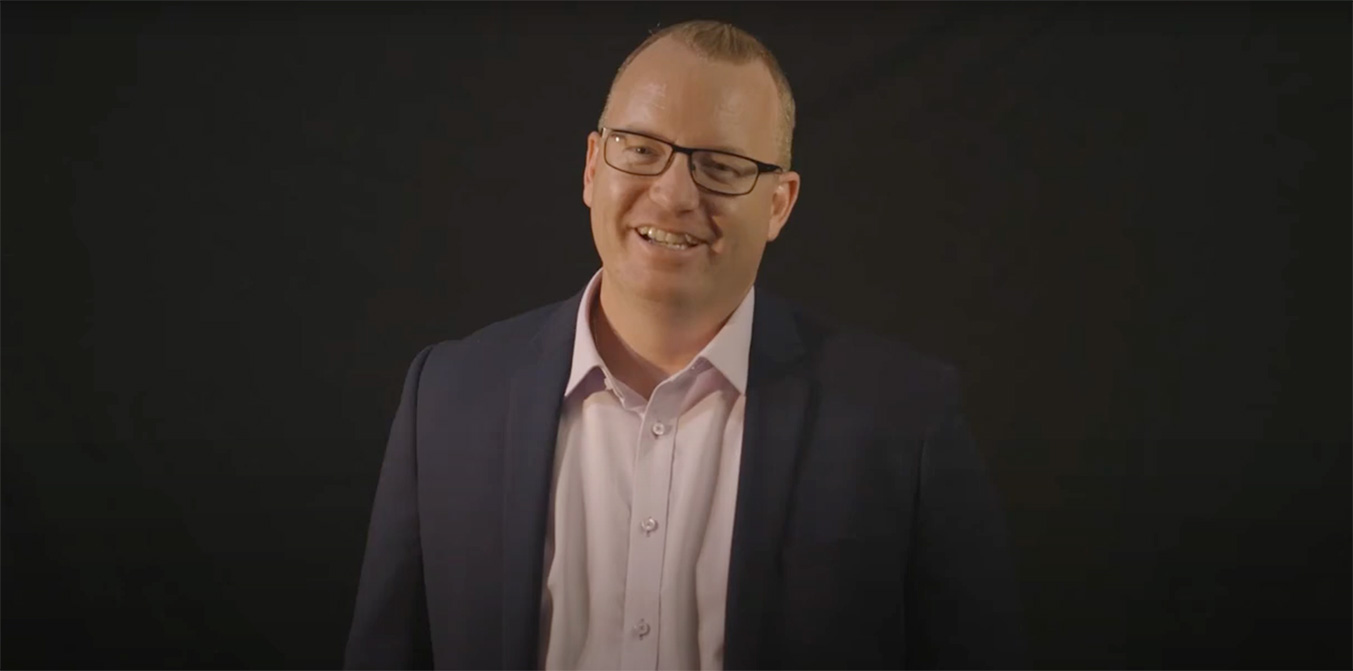
Most law firms think they need a new logo. What they need is proper strategic work. We diagnose your market position, identify actual differentiation, and build a strategy that moves one boulder at a time.
Pretty logos don’t drive profit. But once we’ve nailed your strategy, we’ll create visual assets that actually support your positioning. No design for design’s sake.
We’re StoryBrand certified because it works, not because it’s trendy. We use it to clarify your message and drive conversion – not to tick boxes.
Most growth problems aren’t external – they’re internal. Our Belbin certification helps us fix your team dynamics first, so your marketing actually works.
We’ve built hundreds of law firm websites. But we won’t touch yours until we’ve nailed the strategy. Because a pretty website without strategy is just expensive decoration.
Forget keyword stuffing and technical tricks. We focus on search strategies that actually drive qualified leads, not just traffic. Because rankings without revenue are worthless.
Most firms waste money on content no one reads. Our writers create content that converts, not just fills space. Strategy first, words second.
Design without strategy is just decoration. Every visual asset we create supports your positioning and drives growth. No vanity projects.
Print isn’t dead – bad print is. We create targeted print campaigns that integrate with your digital strategy for measurable results.
Email still works when it’s done right. We build automated sequences that nurture leads and drive conversions, not just fill inboxes.
Social media without strategy is just noise. We build focused campaigns that support your positioning and drive actual business outcomes.
Most firms leave referrals to chance. We build systematic referral programs that turn happy clients into reliable revenue streams.
Forget complex funnels that go nowhere. We build simple, effective pipelines that convert leads into clients. Measured and optimized.
We don’t do Facebook ads because they’re trendy. We do them when they fit your strategy and target market. Measured against real outcomes.
Most firms waste money on poorly targeted ads. We build campaigns that drive qualified leads, not just clicks. ROI focused.
LinkedIn works for commercial clients – when done right. We create content-driven campaigns that position you as the obvious choice.
New channels need strategic thinking. We test Spotify when it fits your target market and measures actual results, not just reach.
Social media is resource-intensive. We handle it all – but only after we’ve nailed your strategy. No posting for posting’s sake.
Video without strategy is expensive noise. We create content that drives your positioning and converts viewers into clients.
We don’t just produce podcasts – we build authority platforms that support your positioning and drive growth. Strategy first, production second.
Chatbots aren’t magic. We implement AI solutions that actually improve client experience and conversion rates, not just tick tech boxes.
Online reputation isn’t about fighting fires. We build systematic approaches to generating and managing reviews that drive growth.
Your website these days is the most important brand asset. We host and maintain it like it’s our own first-born.
Reception displays should work hard, not just look pretty. We create content that converts waiting time into cross-selling opportunities.
Systematic & Consistent
Excellent service! Systematic and consistent. Dan and his team have worked with us for close to a decade, taking us from being a dabbler in the market place to a leader across all measures. Very happy to recommend Practice Proof.
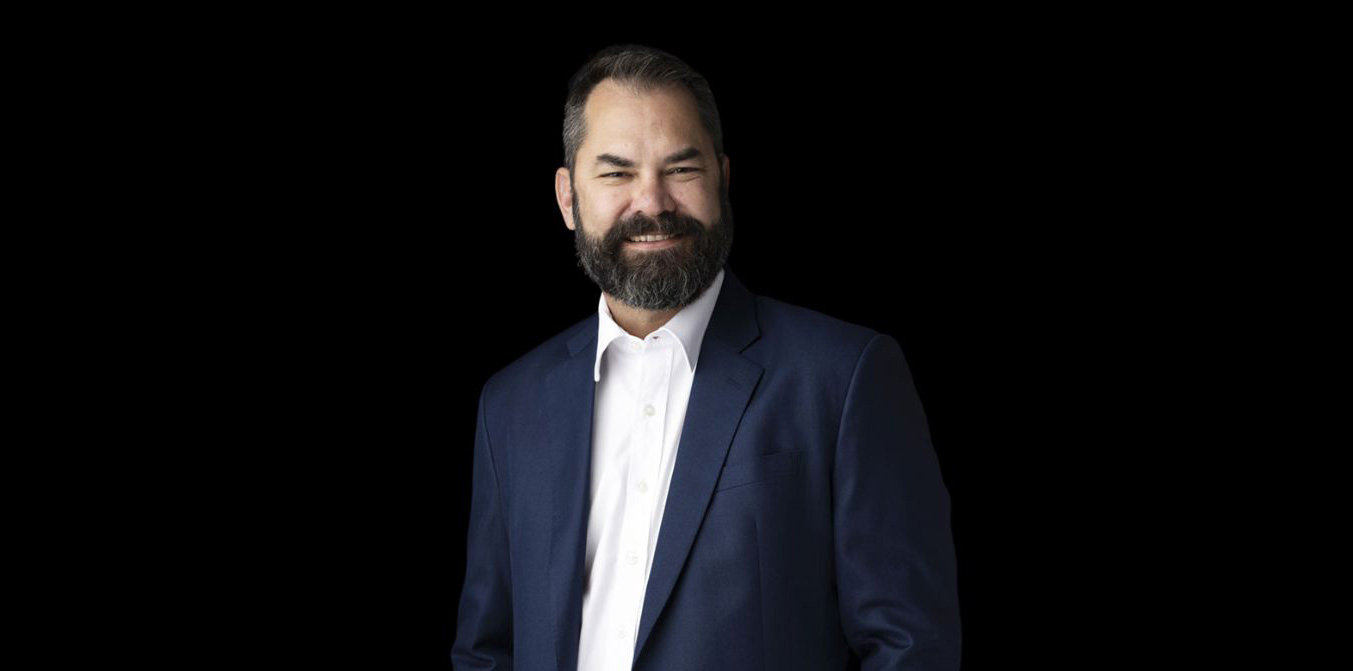
After 16 years driving growth for law firms, we’ve seen enough law firm marketing nonsense to fill Sydney Harbour. Here’s the reality:
Most law firms are wasting money on tactical rubbish without doing the fundamental strategic work first. They’re chasing LinkedIn followers while their client acquisition pipeline leaks like a sieve. They’re building pretty websites before understanding their market position. And they’re working with multiple agencies, who nothing about legal practice, who are all pushing their own agenda without any strategic coherence.
We’re different. Not because we say so (everyone says that), but because we actually do the work that matters.
By Lawyers for Lawyers, we understand both the legal industry and digital transformation at a depth most agencies can’t touch.
But here’s what really sets us apart:
-
We start with diagnosis. Like any good lawyer, we gather evidence before making our case. We analyze your market position, assess your competitive landscape, and identify the strategic gaps holding you back. No assumptions, no guesswork – just clear-eyed market reality.
-
We build proper strategy. Not a doorstop report filled with buzzwords, but a practical roadmap that follows the proven 75/25 rule: 75% brand building for long-term growth, 25% activation for immediate results.
-
We execute everything under one roof. Our team includes StoryBrand certified strategists, experienced journalists, and technology innovators. We’ve built our own software suite because most marketing tools aren’t fit for purpose in legal.
-
We measure everything. Not vanity metrics, but actual business outcomes. Because if you can’t measure it, it’s not marketing – it’s just expensive noise.
The legal market is more competitive than ever, but most firms are focused on the wrong metrics. They chase website traffic instead of conversion, social media followers instead of client acquisition, and tactical quick wins instead of strategic growth.
The firms that will thrive aren’t those with the prettiest websites or the most active LinkedIn profiles. They’re not the ones spending fortunes on random digital tactics hoping something sticks. They’re the ones who understand their market position, know exactly who they’re targeting (and more importantly, who they’re not), and execute a consistent, measured strategy across every aspect of their business. They’re the ones who understand that proper brand building (75%) combined with short-term activation (25%) is the path to sustainable growth.
Because in a market where every agency claims to be different, we actually are. We’ve spent 16 years proving it with real results, not just pretty presentations. And we can show you exactly how we’ll do the same for your firm.
Ready to stop following the herd? Most law firms will keep wasting money on random tactics while their competitors build real market share. The next 12 months will separate the strategic players from the tactical followers. You can either watch from the sidelines or get ahead of the curve.
Book a strategic diagnosis session with us. No fluff, no sales pitch – just a brutal honest assessment of where you stand and what needs fixing first. Because in 16 years of transforming law firms, we’ve learned one thing: the firms that act decisively are the ones that end up dominating their market.
Your competitors are probably reading this too. The question is, who’s going to move first?
Exceeded Expectations
We engaged Dan and Practice Proof to revamp our business website. The result exceeded expectations!
Scope of work was explained in a way that was easy to understand and they were up-front if any additional costs were to be incurred. They continue to provide outstanding support to us regularly.
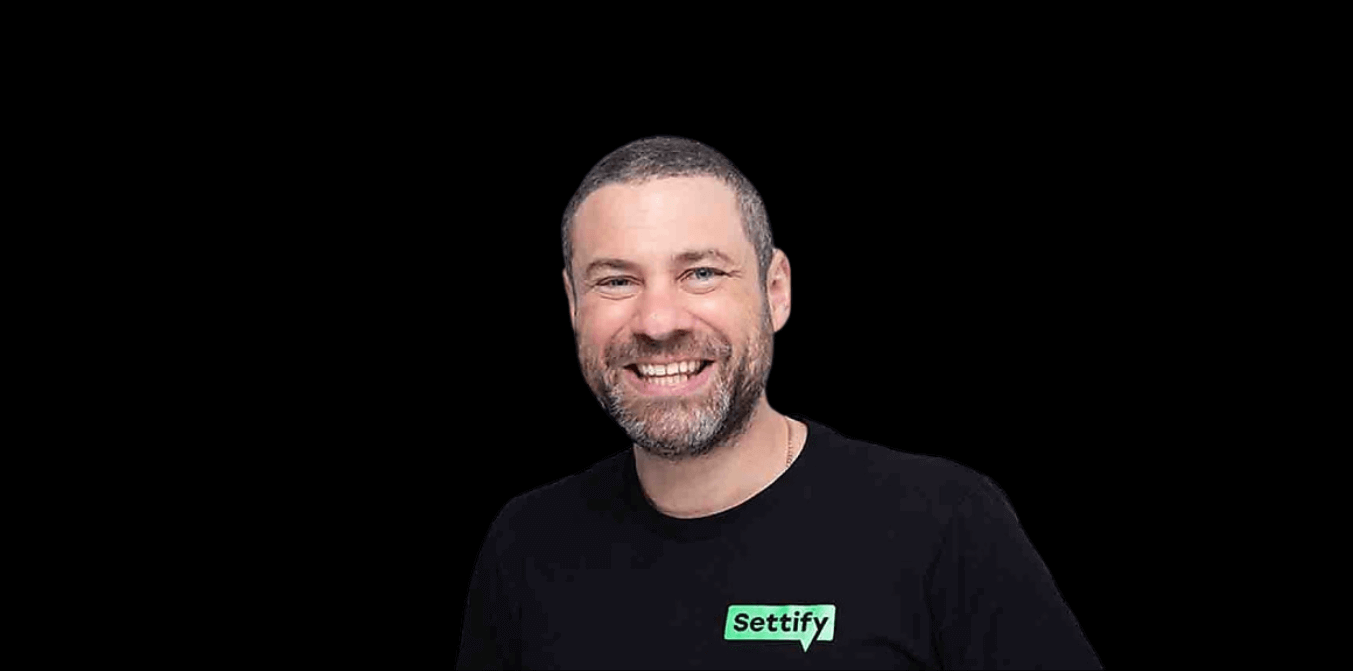
For practices that do not have any internal capacity.
For practices that have some internal capacity.
We design, leveraging our years of experience in growing professional services practices.
We’re experienced in a range of website technology, including WordPress, Gatsby JS, Webflow & Laravel.
We leverage or design bespoke content management systems to suit your practice requirements.
As an agency that also does SEO, we know the importance of website speed. We deploy our speed pack on every website for optimum performance.
Never underestimate the importance of website hosting. We host all our client websites on our own state of the art, Australian-based server, supported by Cloudflare.
Most agencies will simply do a website. It’s so short-sighted. Effective websites deploy technology that is client/patient centric and also seamless intwgration into your internal systems.
At Practice Proof, we take care of all the marketing your practice needs to grow. Our marketing services are also supported by our own growing suite of practice-focused software.

Marketing is dynamic and ever-changing. Successful practices have all bases covered. At Practice Proof, we cover them all for you.
Your practice, regardless of its focus needs to be found in Google. Practice Proof has a team of SEO experts to get your practice ranked.
The reality is that the far percentage of professional services practices rely on Google Ads to drive leads. We have a proven track record in Google Ads design and management.
An essential part of every successful marketing strategy. We design and deploy all social media (paid included) to drive greater brand awareness.
Despite the attention always on social media, email campaigns continue to be the most successful for client/patient engagement. We design, develop and execute email campaigns every day of the week.
We do video/podcast production, syndication and marketing in-house with outstanding results across diverse media channels.
Save money and get marketing smart with our suite of technology made for professional services practices.
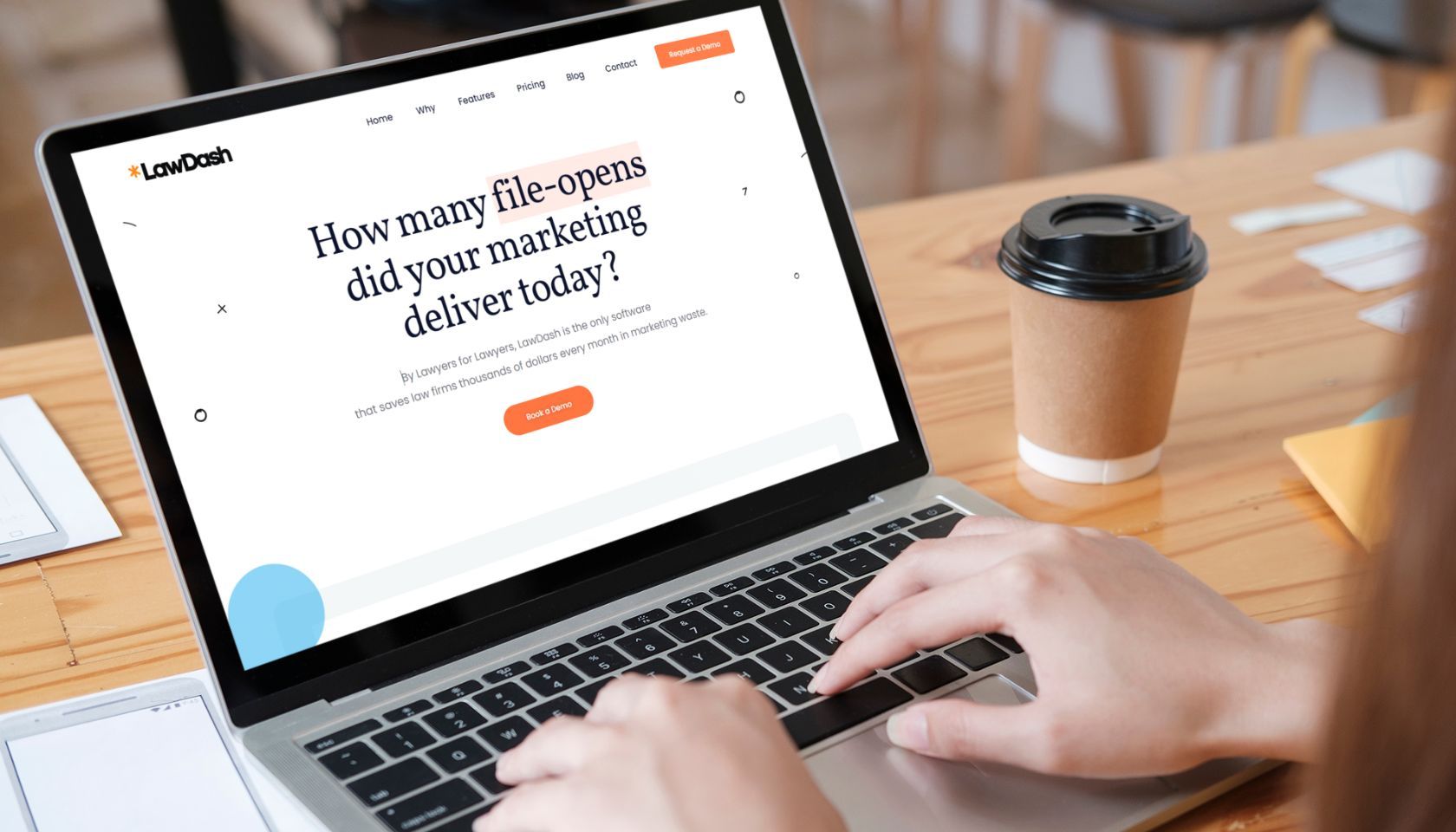
The Practice Proof CRM is a swiss-army knife. All Practice Proof clients benefit from all the marketing tools you need in one place and, we’ll integrate it into your practice management software.
Track every lead and prove marketing return on investment (ROI) with your own Practice Proof lead dashboard. Never miss a lead, and prove the marketing channels that work and don’t work.
Google Reviews are proving to be the life-blood of professional services practices. Successful practices use our Practice Proof strategy and software to exponentially drive more reviews.
If you’re a law firm, you know there are facets of operations that are transactional, of which chatbots, AI, and asynchronous technology can optimise. We have our own technology to facilitate this!
Social media is powerful, but it can also be dangerous. We have the technology that screens your social media, conducting sentiment analysis and automatically blocking bad or defamatory comments.
Using our technology, we can design and deploy key marketing assets, including signage, social media posts, videos, podcasts and other information from our desktop to visual display units (TV, Screens) in your reception area or elsewhere.




